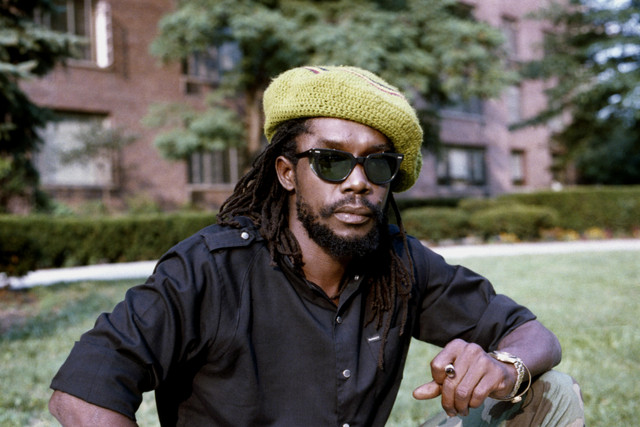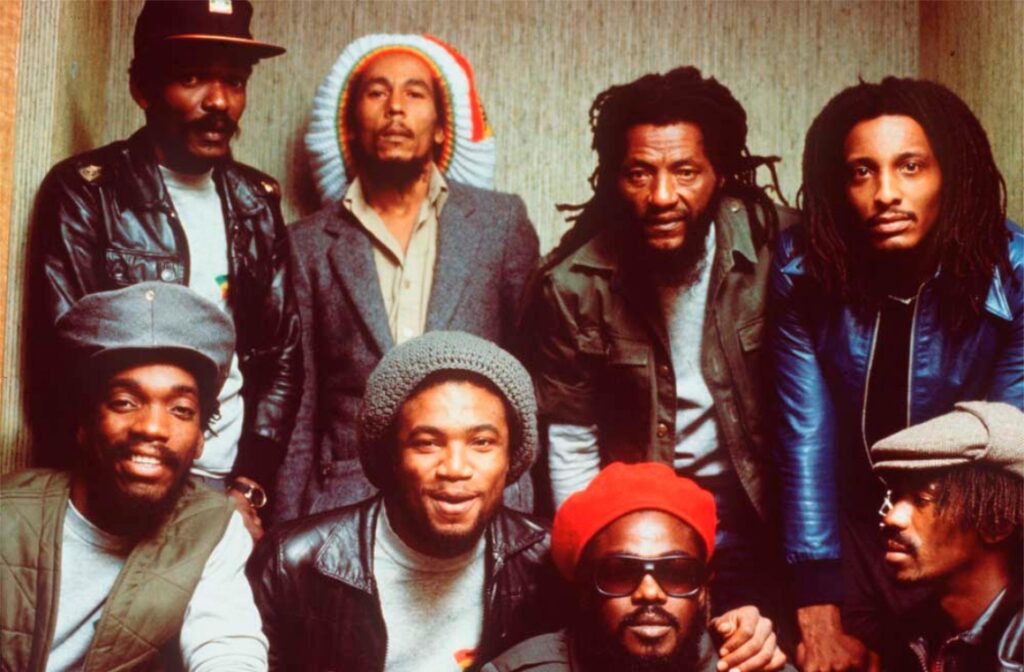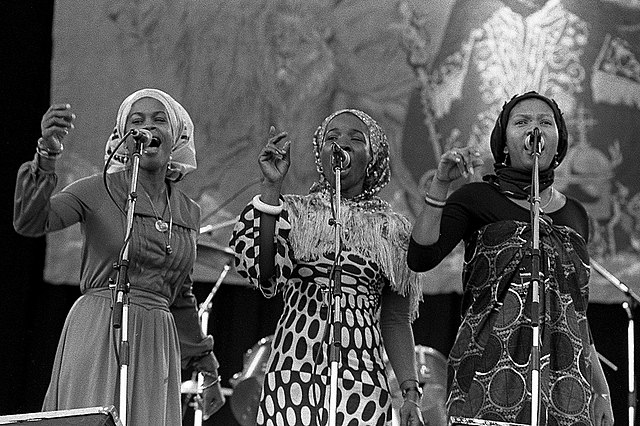
As Paramount Pictures' highly anticipated Bob Marley biopic, "Bob Marley: One Love," graced theaters on February 14, 2024, fans worldwide braced themselves for an intimate glimpse into the life of the legendary reggae icon. However, even before its release, a wave of discontent rippled through the fan base. After its release, many expressed disappointment over the absence of Peter Tosh, a pivotal figure in Marley's musical journey, from the narrative.
The biopic, helmed by director Reinaldo Marcus Green, offers a poignant portrayal of Bob Marley's life, focusing primarily on the years 1976 to 1978. This period stands as a crucial juncture in Marley's career, marked by significant musical evolution and heightened political activism. It is a time when Marley's influence transcended the realms of music, propelling him onto the global stage as a beacon of hope and resistance.

However, the omission of Peter Tosh from the film's storyline raises questions and prompts reflection on the intricate dynamics within the Wailers, the legendary reggae group co-founded by Marley, Tosh, and Bunny Wailer. This omission is particularly notable considering the profound impact Tosh had on shaping Marley's musical vision and the profound ideological differences that eventually led to his departure from the band.
To understand the significance of Peter Tosh's absence from the biopic, it is essential to delve into the events that unfolded during the years depicted in the film. In 1976, the Wailers embarked on their iconic "Rastaman Vibration" tour, a landmark moment in their career that showcased Marley's growing prominence as a global musical force. However, tensions simmered within the group, exacerbated by disagreements over artistic direction and management issues.

These tensions came to a head in 1976 when Peter Tosh and Bunny Wailer decided to part ways with the band, citing grievances over label treatment and ideological differences. Their departure marked a seismic shift in the dynamics of the group, leaving Bob Marley to navigate uncharted waters and redefine his musical trajectory.
In the wake of Tosh and Wailer's exit, Marley embarked on a new chapter in his career, assembling a new lineup that included the talented backing vocal trio, the I-Threes, comprised of Rita Marley, Judy Mowatt, and Marcia Griffiths. This new configuration breathed fresh life into Marley's sound, paving the way for iconic albums such as "Exodus" and "Kaya," which solidified his status as a global icon of reggae music.

Despite the creative rebirth that followed the departure of Tosh and Wailer, their absence loomed large over Marley's narrative, serving as a reminder of the intricate interpersonal dynamics that shaped the trajectory of the Wailers' journey.
The decision to exclude Peter Tosh from the biopic's narrative undoubtedly sparked disappointment among fans, particularly those who revered him as a pioneering figure in the reggae genre. However, it also serves as an opportunity to reflect on the complexities of Marley's legacy and the enduring impact of his music on generations of listeners worldwide.
In the words of Ziggy Marley, co-producer of the film, certain scenes, including those depicting the Wailers' breakup, were omitted from the final cut because they did not align with the film's overarching vision. However, he hinted at the possibility of releasing these deleted scenes in an extended version, offering fans a deeper insight into the dynamic between Marley, Tosh, and Wailer during that tumultuous period.
Ultimately, "Bob Marley: One Love" stands as a testament to Marley's enduring legacy and his message of love, unity, and resistance—a message that continues to resonate with audiences around the world. And while Peter Tosh's absence from the biopic may leave some fans longing for a more comprehensive portrayal of the Wailers' journey, it serves as a poignant reminder of the complexities and nuances within Marley's musical legacy.
Despite this setback, Alexx A-Game urged fans to support the biopic, emphasizing the broader message of love, hope, and unity embodied in Marley's music. Indeed, "Bob Marley: One Love" garnered an impressive response upon its release, with a six-day domestic opening of $46.2 million and an A rating on CinemaScore.
Marley's enduring legacy extends far beyond the silver screen, with his songs amassing billions of streams and his influence shaping the landscape of music and activism worldwide.According to Billboard 200 history, his Legend compilation is the second-longest charting album (821 weeks). As fans continue to celebrate his life and message of unity, the absence of Peter Tosh serves as a reminder of the complexities and nuances within Marley's journey, leaving room for further exploration and appreciation of reggae's rich history.
